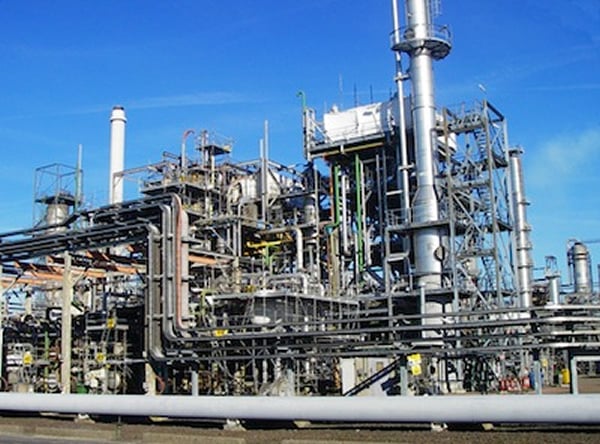Renewable Energy Systems
News Subscription Service
Solar-Powered Gadgets
Politics and governance
Fashion news
Online News Subscriptions
Newspaper
Luxury Travel Experiences
Afrocentric Clothing Lines
The refineries in Port Harcourt, Kaduna, and Warri are rotting away despite the over $3bn contract sum to resuscitate them, Sunday PUNCH findings have revealed.
Visits to the refineries by our correspondents in Rivers, Kaduna and Delta states confirmed that the humongous amount, which is now subject of investigation by the Economic and Financial Crimes Commission, failed to yield the desired result.
Sunday PUNCH gathered that refinery workers resume and close at any time because they have nothing to do.
A pattern of waste
These findings come against a backdrop of the country’s long-standing struggle with state-owned refineries, which have collectively cost billions in lost revenue due to reliance on imported petroleum products.
Despite being Africa’s largest oil producer, Nigeria imports nearly all refined fuel needs, which has fueled corruption allegations and economic woes for decades.
Public records and official statements show that the Nigerian National Petroleum Company Limited has overseen multiple rehabilitation efforts since the early 2000s, with promises of operational revival repeatedly unmet.
The investment of about $3bn across the major facilities was meant to end the cycle.
However, findings by Sunday PUNCH paint a picture of systemic failure, missed deadlines, and mismanagement.
The involvement of the EFCC stems from allegations of fund mismanagement.
In May 2025, the anti-graft agency grilled the recently sacked managing directors and top officials of the NNPCL over the alleged mishandling of the $3bn.
Port Harcourt: Promises unkept amid shutdowns
The Port Harcourt Refining Company, located in Alesa, Eleme Local Government Area of Rivers State, consists of two units: the older 60,000 bpd plant built in 1965 and a newer 150,000 bpd facility from 1989, combining for 210,000 bpd capacity.
The refinery was once a hub for producing petrol, diesel, kerosene, and petrochemicals, but it shut down in 2019 due to obsolescence and vandalism.



























